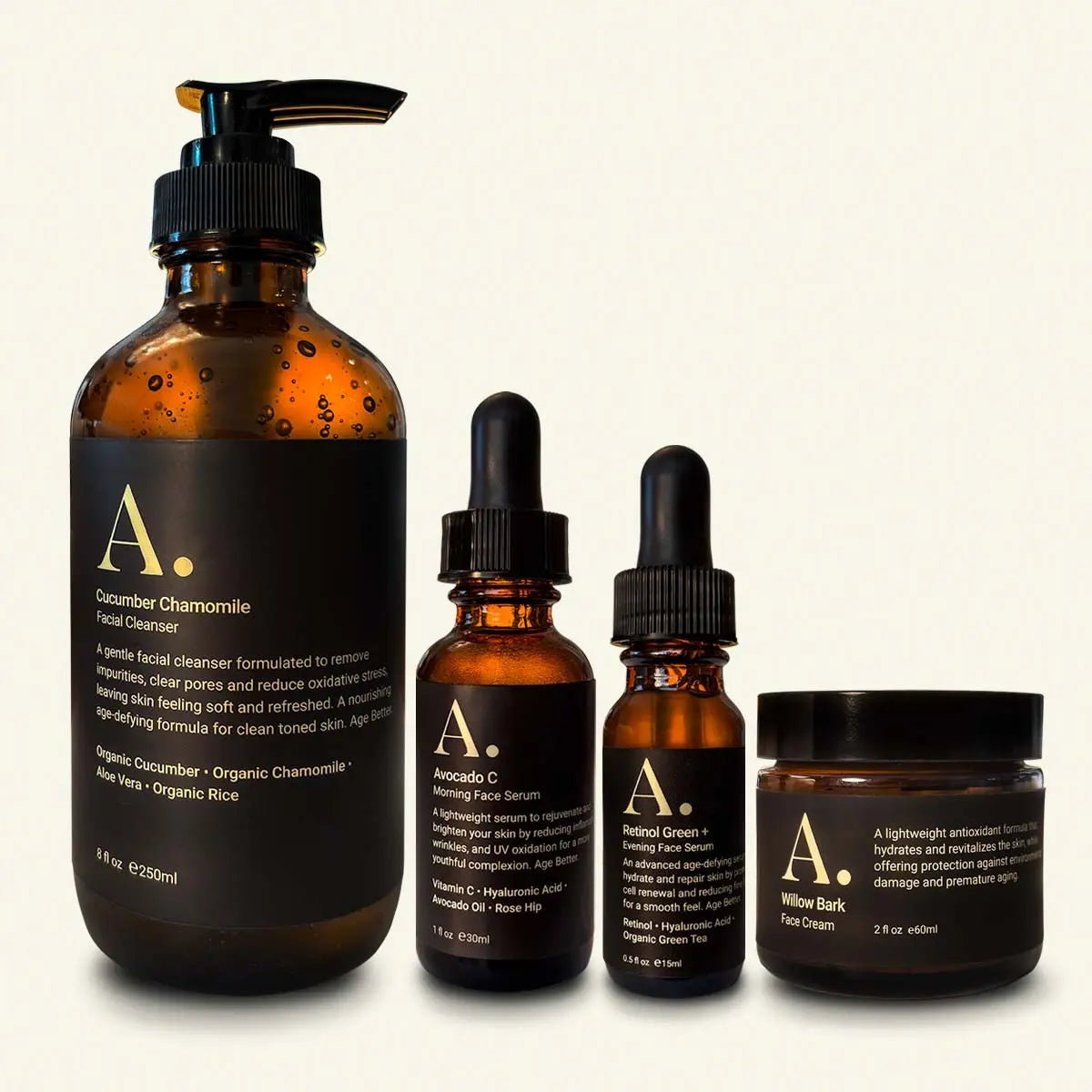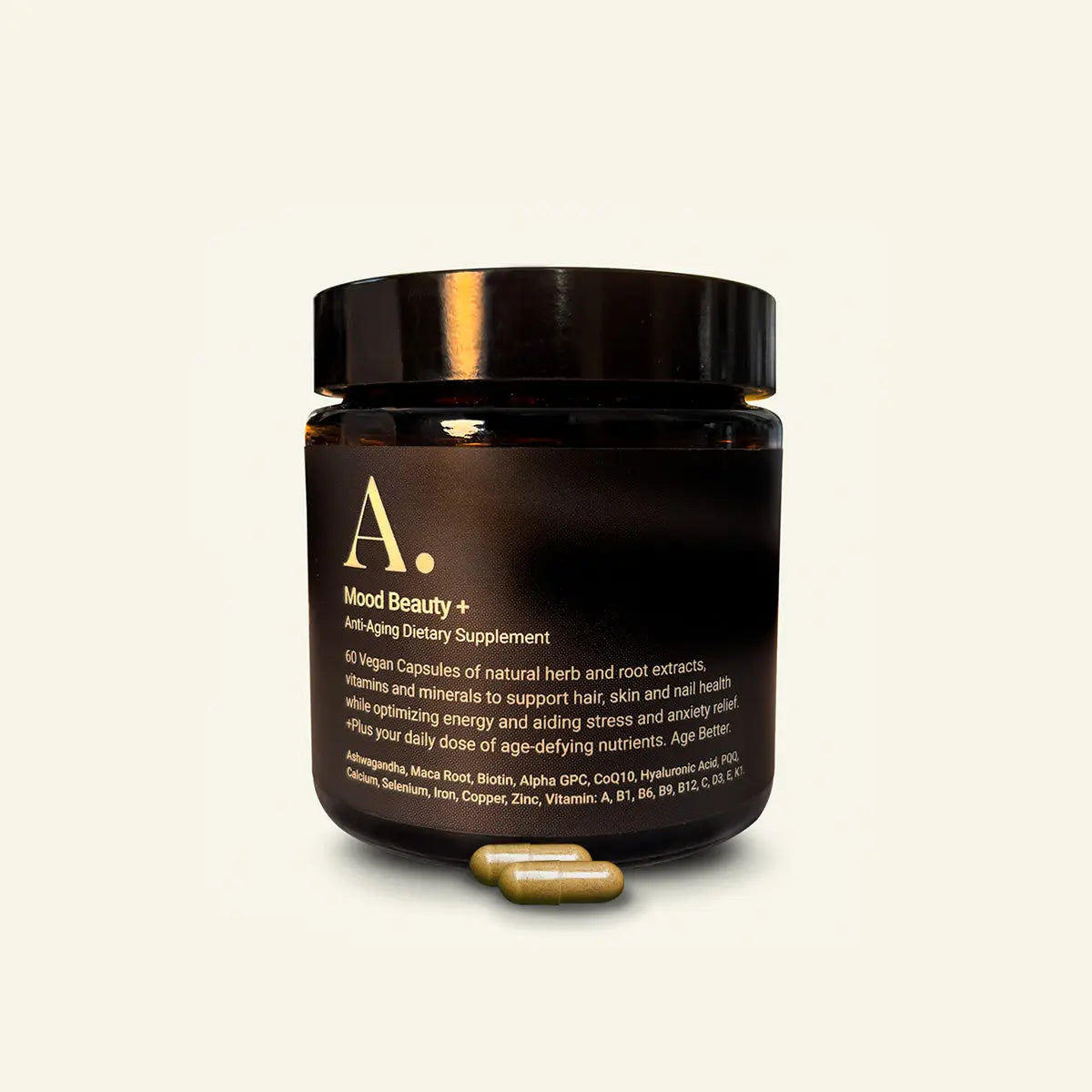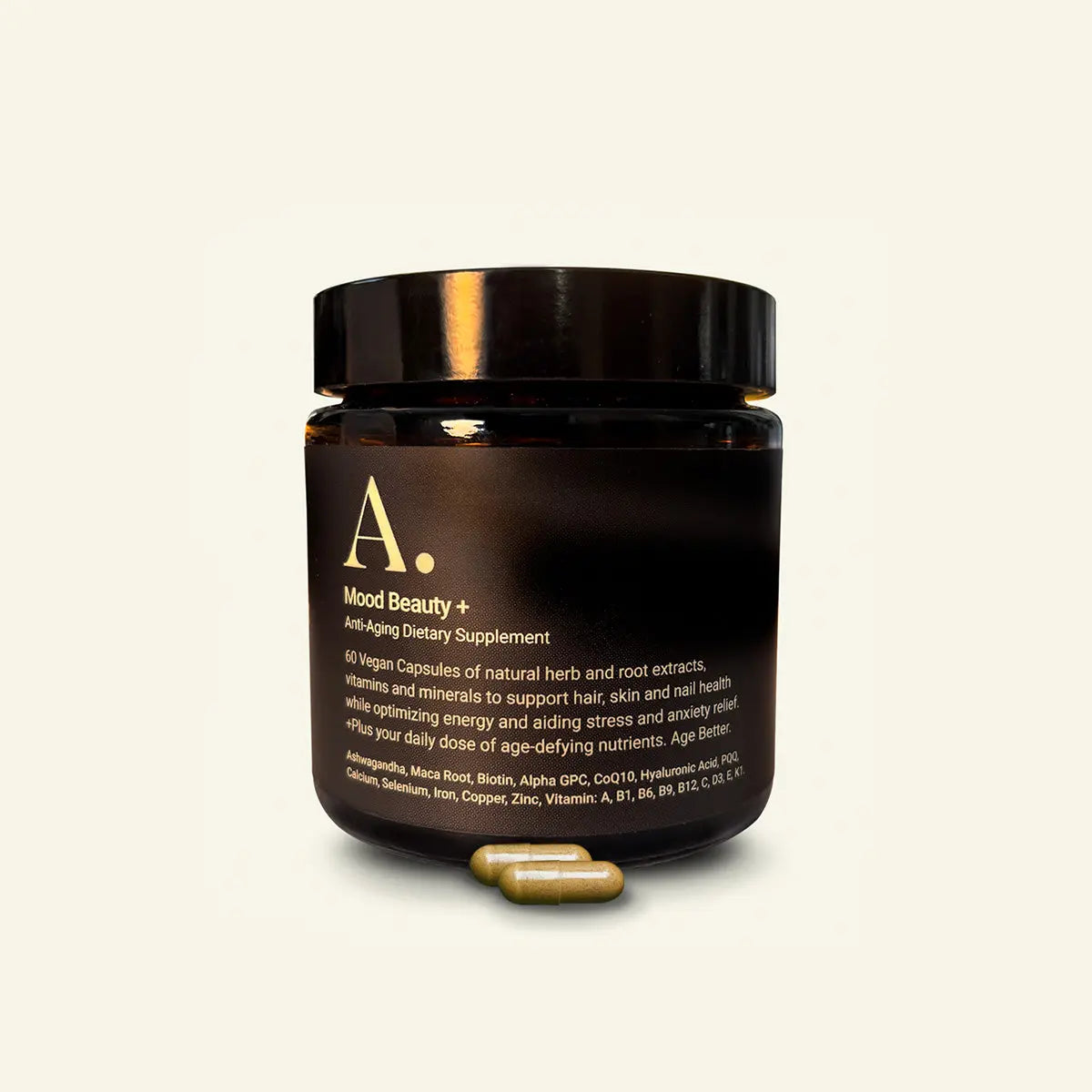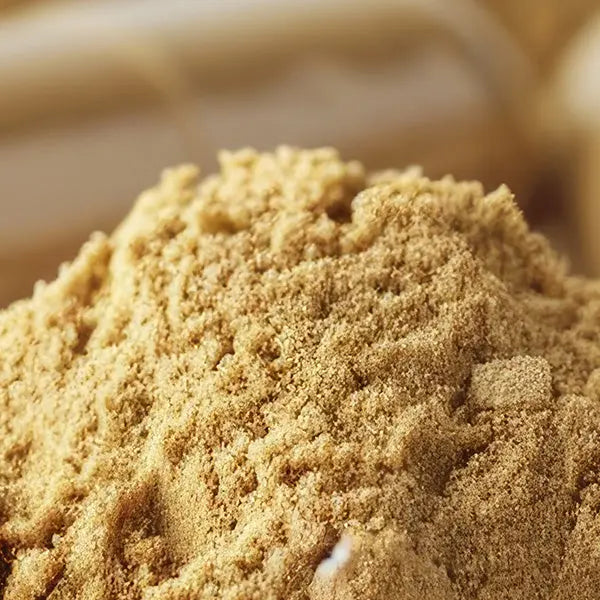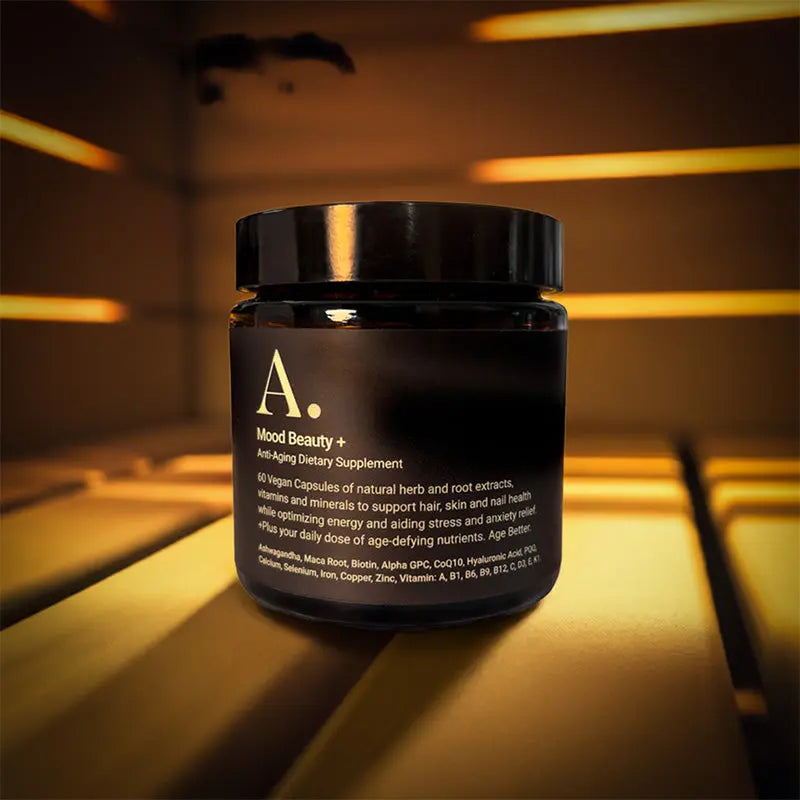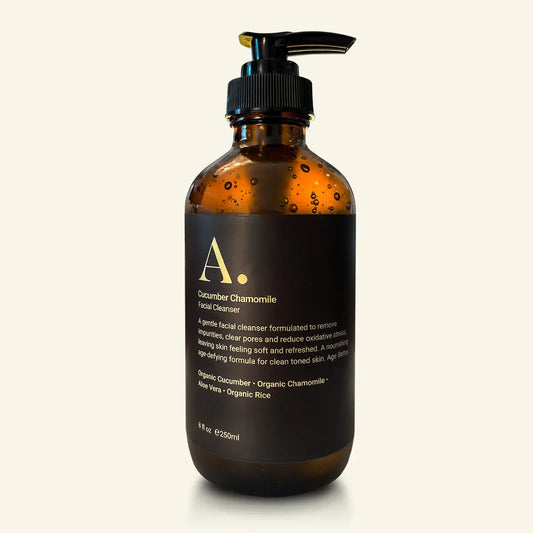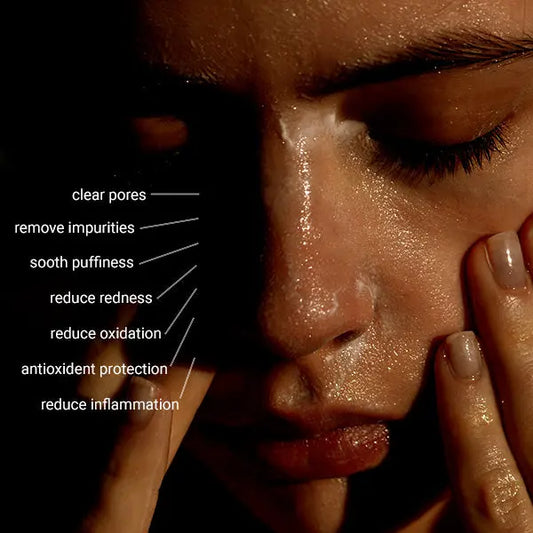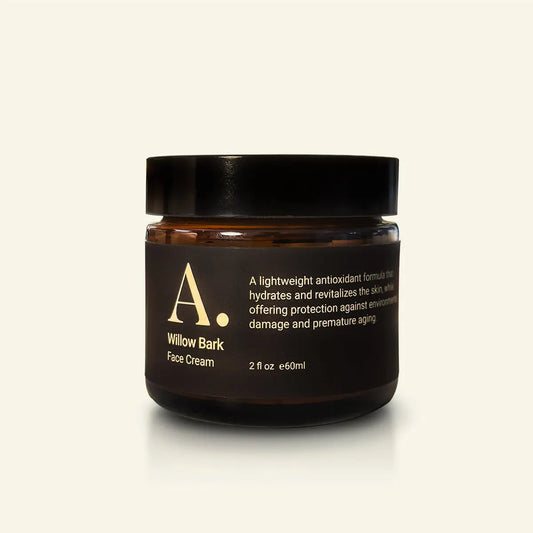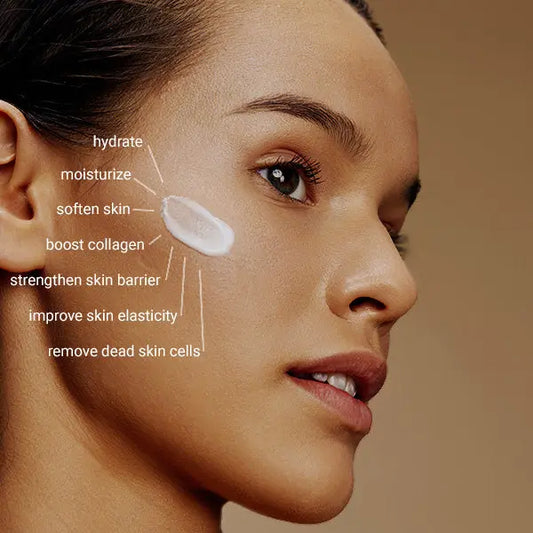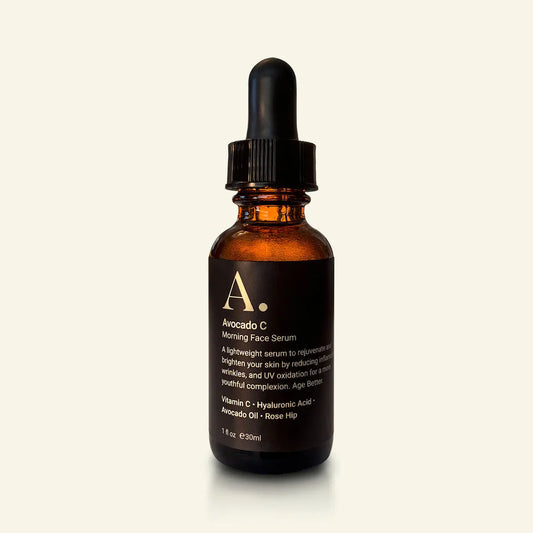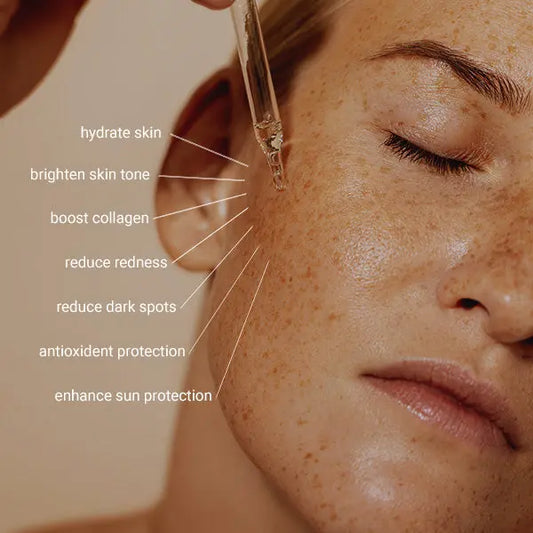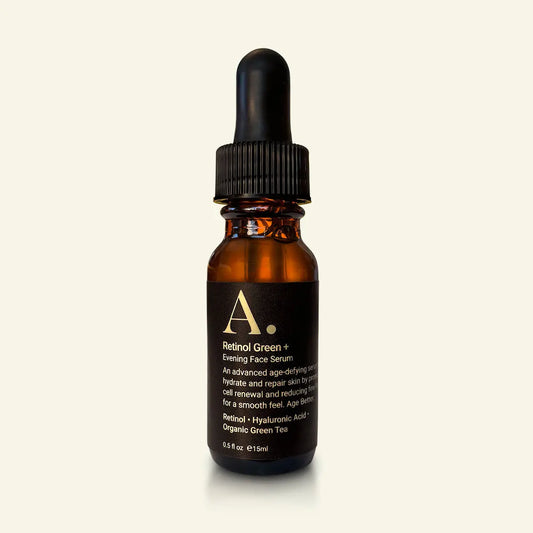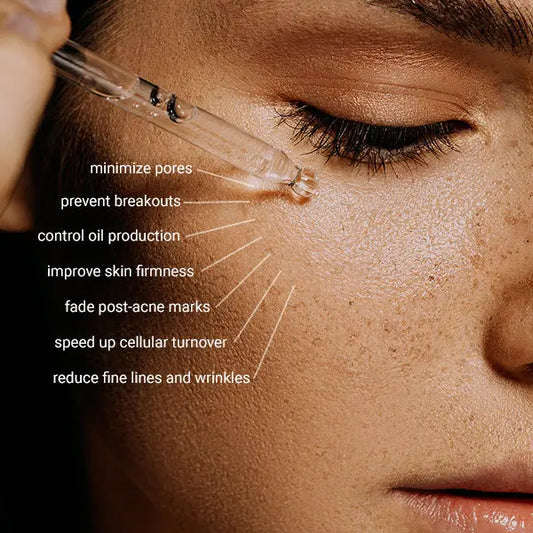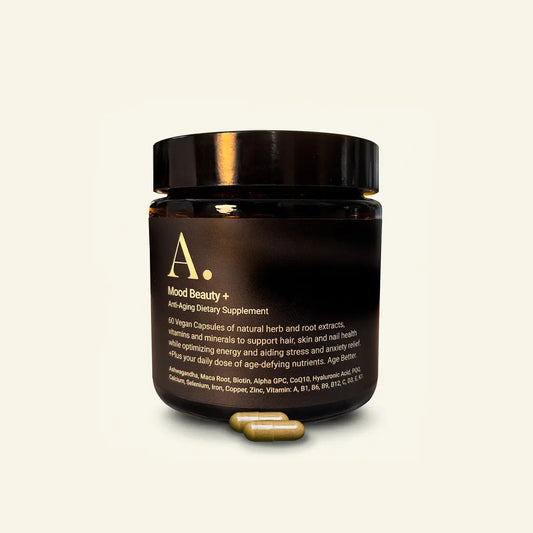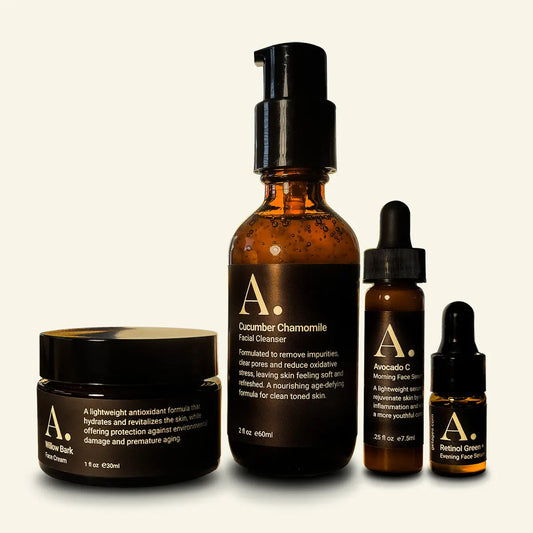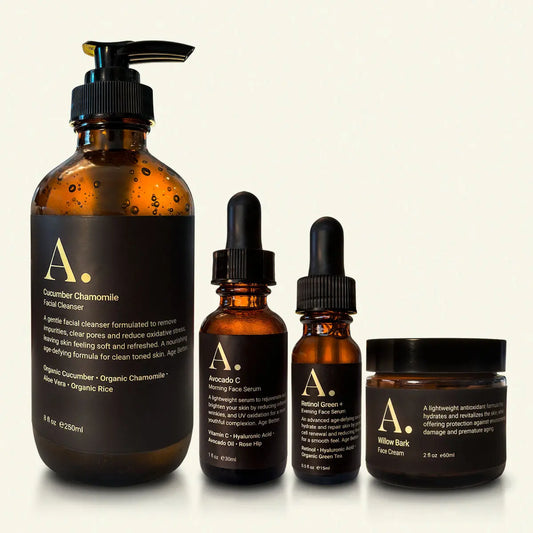
10 Essential Vitamins and Minerals for Women in Their 30’s and 40’s
Share
10 Essential Vitamins and Minerals for Women in Their 30’s and 40’s
As women transition through their 30s and 40s, their bodies undergo significant hormonal, metabolic, and physical changes. These changes necessitate specific nutritional support to maintain overall health, energy levels, and well-being. Vitamins and minerals are crucial during these decades as they support everything from bone health to skin elasticity and mental clarity. Let’s explore the essential vitamins that women in their 30s and 40s should incorporate into their diets or consider supplementing.
(Note: Ages Mood Beauty+ / Dietary Supplement has all of the below essential vitamins and minerals PLUS nutrients to promote a balanced mood and hair, skin, and nail health.)
Why Vitamins Matter at This Stage of Life
In their 30s and 40s, women often juggle multiple responsibilities, from career demands to family life. This stage also marks the beginning of hormonal shifts that can lead to perimenopause, reduced bone density, and changes in skin and energy levels. Ensuring an adequate intake of essential vitamins can:
- Enhance energy levels.
- Support hormonal balance.
- Maintain bone strength and density.
- Promote glowing, healthy skin.
- Strengthen the immune system.
- Protect heart and brain health.
The Essential Vitamins
1. Vitamin D
Vitamin D is vital for calcium absorption, which supports strong bones and teeth. Women’s bone density begins to decline in their 30s, making vitamin D crucial for preventing osteoporosis. Additionally, vitamin D boosts immune function and mood regulation, combating the risk of depression, which can sometimes arise from hormonal fluctuations.
Sources: Sunlight, fatty fish (like salmon and mackerel), fortified dairy products, and supplements.
Recommended Daily Intake: 600-800 IU for most adults; higher doses may be recommended based on individual needs.
Vitamin D deficiency is more common than many realize, especially for women who spend limited time outdoors or live in regions with less sunlight. Over time, low vitamin D levels can lead to fatigue, joint pain, and an increased risk of chronic conditions like diabetes and heart disease. Therefore, regular monitoring of vitamin D levels and considering supplementation during winter months can be highly beneficial.
2. Calcium
While not a vitamin, calcium works hand-in-hand with vitamin D to maintain bone health. Women in their 30s and 40s need adequate calcium to reduce the risk of fractures and osteoporosis later in life. Beyond bones, calcium also supports nerve function, muscle contraction, and cardiovascular health.
Sources: Dairy products, leafy green vegetables, almonds, and fortified plant-based milks.
Recommended Daily Intake: 1,000 mg for women aged 30-50.
Inadequate calcium intake can lead to weakened bones and teeth, making fractures and dental problems more likely. For women with lactose intolerance or dairy allergies, exploring alternative sources like fortified almond or soy milk, kale, and tofu is essential. Additionally, spreading calcium intake throughout the day enhances absorption.
3. Vitamin B12
Vitamin B12 plays a key role in red blood cell production, nerve function, and DNA synthesis. As women age, their ability to absorb B12 from food decreases due to reduced stomach acid production. Deficiency can lead to fatigue, memory issues, and neurological problems.
Sources: Meat, fish, eggs, dairy products, and fortified cereals.
Recommended Daily Intake: 2.4 mcg for adults.
Women following vegetarian or vegan diets are at a higher risk of B12 deficiency, as plant-based foods contain little to no B12 naturally. Symptoms of deficiency, such as tingling sensations, balance problems, or memory lapses, should not be ignored. For these individuals, fortified foods and B12 supplements are crucial.
4. Folate/Folic Acid (Vitamin B9)
Folate is essential for cell growth and repair, making it critical for women in their reproductive years. It also helps reduce the risk of cardiovascular disease by lowering homocysteine levels in the blood. For women considering pregnancy, folate is especially important in preventing neural tube defects in babies.
Sources: Leafy greens, citrus fruits, legumes, and fortified grains.
Recommended Daily Intake: 400 mcg; pregnant women may require higher amounts.
Since folate is water-soluble, it’s important to consume it regularly through diet or supplements. Deficiency can lead to anemia, irritability, and difficulty concentrating. Pairing folate-rich foods with vitamin C sources, like oranges, can boost absorption.
5. Vitamin C
Vitamin C is a powerful antioxidant that supports collagen production for healthy skin, boosts the immune system, and aids iron absorption. It can also help combat oxidative stress, which contributes to aging.
Sources: Citrus fruits, bell peppers, strawberries, and broccoli.
Recommended Daily Intake: 75 mg for adult women.
In addition to its well-known immune-boosting properties, vitamin C plays a vital role in maintaining gum health, wound healing, and preventing dry skin. Women who smoke or are exposed to pollution may require higher amounts due to increased oxidative stress.
6. Vitamin E
Vitamin E helps protect cells from oxidative damage and supports skin health. It also plays a role in maintaining a strong immune system and reducing inflammation.
Sources: Nuts, seeds, spinach, and sunflower oil.
Recommended Daily Intake: 15 mg for adults.
This fat-soluble vitamin works synergistically with other antioxidants like vitamin C to protect against premature aging and chronic diseases. Including a mix of almonds, sunflower seeds, and spinach in your diet can provide a natural boost.
7. Vitamin A
Vitamin A is crucial for maintaining healthy vision, immune function, and skin health. It also supports reproductive health and cell growth.
Sources: Sweet potatoes, carrots, spinach, and liver.
Recommended Daily Intake: 700 mcg for adult women.
A diet rich in beta-carotene—a precursor to vitamin A—not only promotes vibrant skin but also protects against night blindness and strengthens the immune system. Pairing these foods with healthy fats improves absorption.
8. Vitamin K
Vitamin K is essential for blood clotting and bone health. It helps regulate calcium in the body, reducing the risk of arterial calcification.
Sources: Leafy green vegetables, broccoli, and Brussels sprouts.
Recommended Daily Intake: 90 mcg for adult women.
Including a variety of greens, such as kale, spinach, and collards, ensures adequate intake. For those on blood-thinning medications, consistent vitamin K levels are important to prevent interactions.
9. Biotin (Vitamin B7)
Biotin supports healthy hair, skin, and nails, making it a popular vitamin for beauty enthusiasts. It also plays a role in converting food into energy.
Sources: Eggs, nuts, seeds, and whole grains.
Recommended Daily Intake: 30 mcg for adults.
Deficiency, although rare, can lead to brittle nails, hair loss, and skin rashes. For women seeking radiant hair and nails, a biotin-rich diet combined with adequate hydration is key.
10. Iron
Iron is vital for oxygen transport in the blood and energy production. Women in their 30s and 40s, especially those who experience heavy menstrual cycles, need to ensure adequate iron intake to prevent anemia.
Sources: Red meat, poultry, fish, lentils, and fortified cereals.
Recommended Daily Intake: 18 mg for women aged 19-50.
Iron deficiency is one of the most common nutrient deficiencies among women of childbearing age. Symptoms like fatigue, pale skin, and shortness of breath may indicate low levels. Pairing iron-rich foods with vitamin C enhances absorption, while limiting tea or coffee during meals can prevent interference.
Creating a Vitamin-Rich Diet
Incorporating these vitamins into your daily diet can be straightforward with some planning. Here are some tips:
1. Start with a Balanced Breakfast: Opt for fortified cereals, fresh fruits, and a glass of orange juice to cover vitamins C, B12, and folate.
2. Snack Smart: Choose nuts, seeds, or yogurt for a boost of vitamin E, magnesium, and calcium.
3. Include Colorful Veggies: Aim for a variety of leafy greens, bell peppers, and sweet potatoes in your meals to ensure a range of vitamins.
4. Consider Fortified Foods: Plant-based milk and cereals often contain added vitamins like D, B12, and calcium.
5. Hydrate Well: Include herbal teas or fresh fruit-infused water to stay hydrated while adding subtle nutrients.
6. Plan Ahead: Meal prepping can ensure you get a variety of nutrients throughout the week.
Conclusion
The 30s and 40s are transformative decades for women, and maintaining optimal health requires a proactive approach to nutrition. By focusing on essential vitamins through a balanced diet or supplements, women can support their bodies, enhance their energy levels, and lay the foundation for healthy aging. Prioritize your health by making informed choices, and your body will thank you in the years to come.
A nutrient-rich diet is not only about physical health but also mental and emotional well-being. Investing in your nutrition today will ensure you thrive through every stage of life, with vitality and confidence.
It's difficult to follow a strict diet to get every nutrient necessary for a healthy lifespan. That's why we recommend Ages Mood Beauty+ Anti-aging Dietary Supplement, which has all of your essential daily vitamins and minerals as well as Ashwagandha, Maca Root, Alpha GPC, CoQ10, Hyaluronic Acid, and PQQ to aid in natural mood enhancement, skin, hair and nail health, as well as joint, brain and cardiovascular health.
Sources
https://www.mindfood.com/article/top-vitamins-for-gut-health/
https://www.webmd.com/arthritis/arthritis-guide
https://www.healthline.com/nutrition/best-supplements-for-energy#5.-Iron
https://health.clevelandclinic.org/3-vitamins-best-boosting-immunity/
https://ods.od.nih.gov/factsheets/Iron-HealthProfessional/
https://ods.od.nih.gov/factsheets/Copper-HealthProfessional/
https://ods.od.nih.gov/factsheets/Potassium-HealthProfessional/
https://ods.od.nih.gov/factsheets/VitaminA-HealthProfessional/
https://ods.od.nih.gov/factsheets/VitaminD-HealthProfessional/
